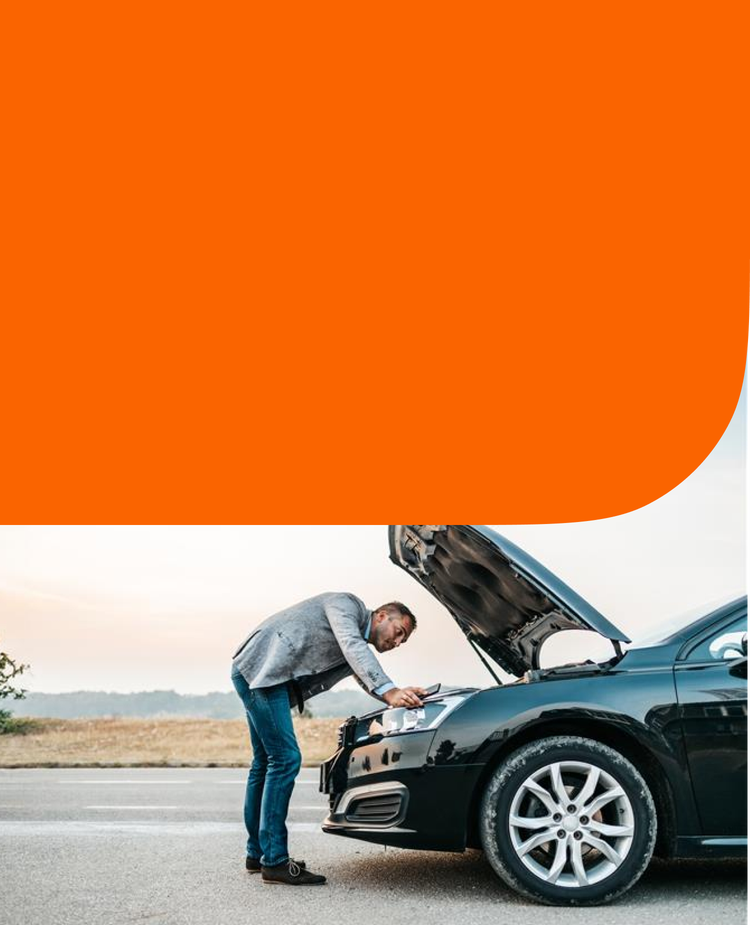


Express Lane{ca-indigo-700}
When To Fix a Car or Sell It? 8 Tips to Help You Decide.
Deciding whether to repair or sell your car can be tricky, especially when faced with costly repairs. While some fixes can add value and extend your vehicle's lifespan, others may not be worth the investment.
Here’s how to determine when to fix a car and when it’s better to move on.
When to fix and keep your car
Repair costs are lower than the car’s value
If your car is worth significantly more than the cost of repairs, it often makes sense to fix it. For example, if your vehicle has a market value of $8,000 and requires $1,500 in repairs, keeping it may be a financially sound decision.
Your car still has life left
If your vehicle is reliable and well-maintained, fixing isolated issues can allow you to continue driving it for years. Keeping a paid-off car often costs less than buying a replacement, especially when factoring in taxes and insurance.
Repairs are one-time fixes
Some repairs are required as a car ages, like replacing a timing belt, fixing minor engine issues, or installing new brakes. If your vehicle is otherwise in good condition, these repairs can help extend its usability without additional frequent expenses.
Routine maintenance vs. major repairs
Regular maintenance would include oil changes, new tires, or brake replacements. These costs are usually worth it if your car is still in good condition overall. However, if the vehicle requires multiple costly repairs, it may be time to reevaluate.
When to sell instead of fixing
Repair costs exceed the car’s value
Selling a car may be the better option if the repairs cost more than 50% of its current market value. For example, if your vehicle is worth $3,000 but needs $2,500 in repairs, putting that money toward a newer, more reliable vehicle may make more sense.
Frequent repairs are becoming a pattern
If your car has a history of constant breakdowns, you may spend more on repairs than a replacement would cost. Transmission issues, persistent electrical failures, and major engine problems can signal it’s time to move on.
Safety concerns
A vehicle with frame damage, rust issues, or failing safety components may no longer be worth repairing. If your car doesn’t pass safety inspections or lacks modern safety features, upgrading to a newer model may be safer.
You’re ready for a more reliable vehicle
Sometimes, the decision comes down to peace of mind. If your car constantly leaves you stranded or has become unreliable for daily commuting, selling it and purchasing a dependable replacement may be the best financial and practical choice.
Should you fix cosmetic damage before selling?
When selling a vehicle, appearance matters, but not all cosmetic repairs are worth the investment.
Minor scratches and dents
Repairing small scratches and minor dents before selling is often unnecessary. Buyers expect some wear and tear, especially on used vehicles. However, touch-up paint or a scratch repair kit can help improve the car’s appearance at a minimal cost.
Major body damage
If your car has significant dents, faded paint, or noticeable damage, getting an estimate on repairs can help determine whether fixing it will increase its resale value. It may be worth addressing if the repair costs are lower than the potential value increase.
Making positive first impressions
While deep scratches and body damage may not always need fixing, a dirty or neglected appearance can make buyers hesitant. Washing, waxing, and detailing your car can improve curb appeal and increase buyer interest. You may also want to fix cloudy or dim headlights to enhance aesthetics and add a set of high-quality tires.
So, do you fix or sell?
Repairing or selling your car depends on its value and the cost of the repairs. If the repairs are affordable and your car is still reliable, fixing it may be the best option. However, if repair costs are high, safety is a concern, or frequent breakdowns have become the norm, you’ll probably want to sell.
No matter which option you choose, researching and considering the long-term costs can help you make the best decision. If you decide to sell, you can use the money toward a down payment on a more dependable vehicle — one that requires fewer trips to the repair shop.
Should you find yourself needing to replace your current vehicle, Credit Acceptance can assist. We have over 15,000 dealers in our network and make it easy to start the pre-qualification for auto financing online.